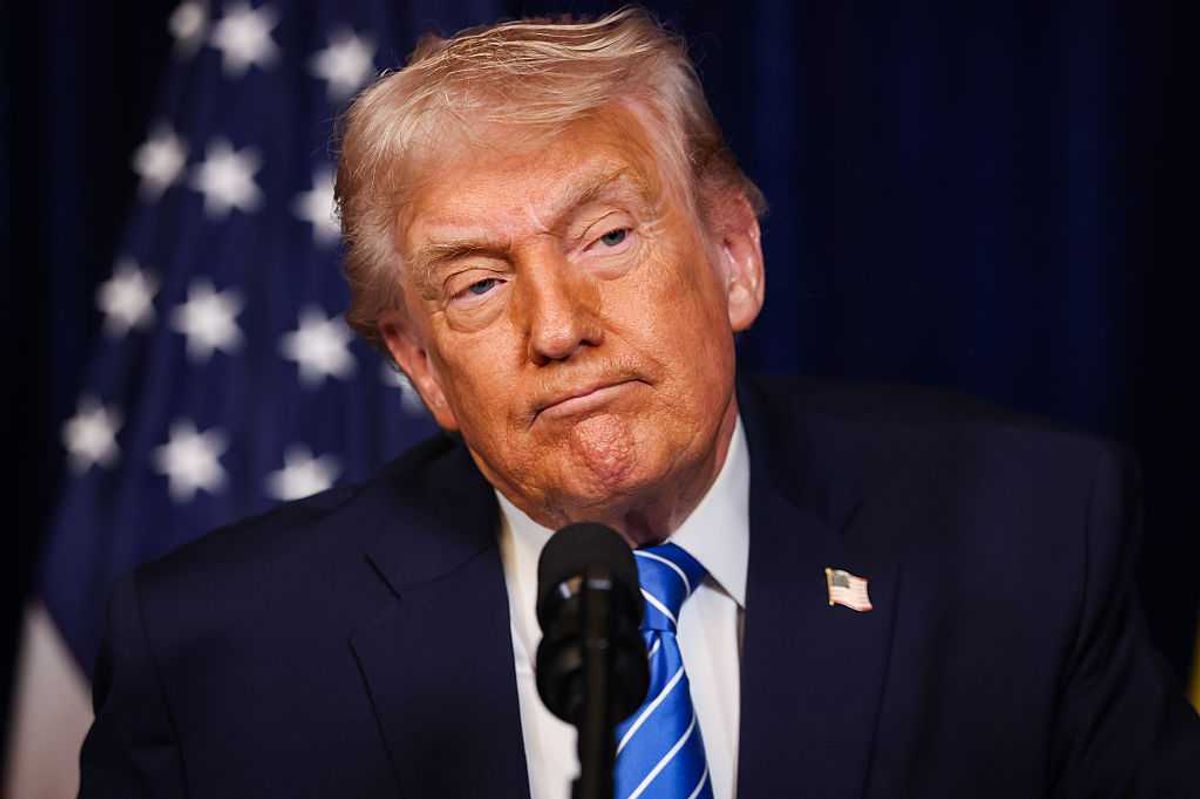
Any photo in which “a body’s shape, size or skin has been changed by retouching or other manipulation” must be marked as such.
Norway has passed a new law mandating that influencers and advertisers disclose when images they share are retouched or utilise filters.
The mandate, put forth by Norway’s Ministry of Children and Family Affairs, was met with overwhelming support by the Norwegian Parliament: The Legislative Decree, an amendment to the 2009 Marketing Act, passed in a 72-15 vote in early June. The King of Norway will decide when the new regulations go into effect.
Thus, once approved, any photo in which “a body’s shape, size or skin has been changed by retouching or other manipulation” must be marked with an official designed by the Norwegian Ministry of Children and Family Affairs. Per VICE, the “manipulation” in question mostly refers to “enlarged lips, narrowed waists, and exaggerated muscles,” however it’s unclear if the mandate applies to images in which the lighting or saturation has been adjusted.
The Ministry of Children and Family Affairs explained that editing photos contributes to unrealistic beauty standards, prompting “social insecurity, bad conscience and low self-esteem.” They also explained that the decision was largely based “on the basis of considerations of equality between the sexes, with particular emphasis on how women are portrayed.”
“Body pressure is present in the workplace, in the public space, in the home, and in various media, etc,” they wrote in a proposal to the Norwegian parliament. “Body pressure is always there, often imperceptibly, and is difficult to combat. A requirement for retouched or otherwise manipulated advertising to be marked is one measure against body pressure.”
“The measure will hopefully make a useful and significant contribution to curbing the negative impact that such advertising has, especially on children and young people,” they added, also making sure sure to note that the motion could backfire, unintentionally inspiring influencers to get plastic surgery to “live up to beauty ideals.”
The aforementioned concern is an alarmingly valid one, especially in the era of “Zoom Doom:” the pandemic-prompted phenomenon forcing people to notice their “flaws” in their webcam, prompting unparalleled numbers of people — primarily women — to pursue cosmetic surgery.
What’s more, recent research found that many young women pursues cosmetic facial modifications to specifically improve their selfies, often influenced by what they see online. Hopefully, a reduction in retouched photos will cue the same in young women’s desires for alter their faces.













